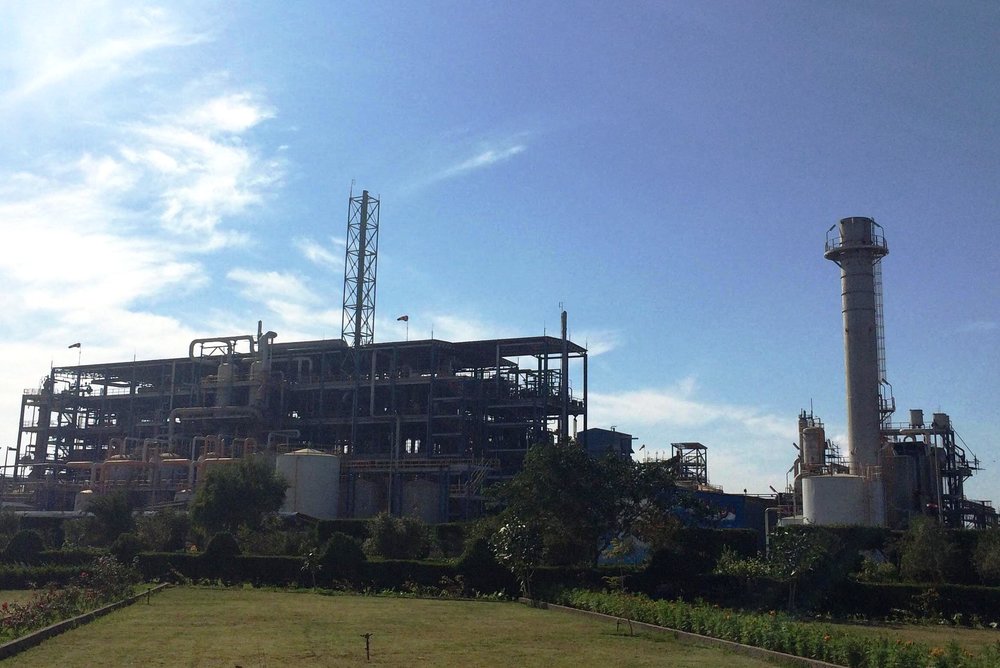Karoon Petrochemical Co., first producer of isocyanates in Middle East

MAHSHAHR- Karoon Petrochemical Company, located in Iran’s southwestern port city of Mahshahr, is the first producer of isocyanates in the Middle East, according to the company’s managing director, Alireza Sediqizadeh.
Isocyanates are a family of highly reactive, low molecular weight chemicals widely used in the manufacture of flexible and rigid foams, fibers, and coatings. They are increasingly used in the automobile industry and building insulation materials.
Karoon Company has two phases of production conducted through joint venture with Chematur Engineering AB (CEAB) of Sweden and at the cost of €350 million, managing director of the company said in a press conference on Monday and elaborated on the two phases as follows.
The first phase produces 40,000 tons of toluene diisocyanate (TDI) per annum, of which 70 percent is domestically consumed and the rest 30 percent is exported to other countries including Iraq, Turkey, India, Russia, Azerbaijan, Albania, Greece, Sweden, Peru, Kenya and Nigeria, with Iraq standing on top of them, Sediqizadeh explained.
‘Karoon to become first MDI producer in Middle East, West Asia’
The second production phase of the company is to produce 40,000 tons of diphenyl diisocyanate (MDI) per year, making Karoon the first producer of this product in the Middle East and West Asia, the managing director further highlighted.
Implementation of the second phase project was started in Iranian calendar year 1390 (March 2010-March 2011), Sediqizadeh said and announced that this phase started trial production in the past Iranian month (ended on January 19) and it will be officially inaugurated during the Ten-Day Dawn (February 1-10, marking the victory anniversary of the Islamic Revolution).
The second phase is currently working with 50 percent of its capacity, he added.
‘Isocyanates production to save $300m annually’
Elsewhere in his remarks, the managing director of the company said that by working at full capacity, the two phases will save about $300 million annually for the country through reducing reliance on import of isocyanates.
Iran’s petrochemical sector’s exports has increased by seven percent during the first nine months of the current Iranian calendar year (ending December 20, 2016) compared to the same period last year. The country exported 16 million tons of petrochemical products in the mentioned period.
Some 40 million tons of petrochemicals were produced in Iran during the said time span to register an eight percent rise compared to the previous year.
